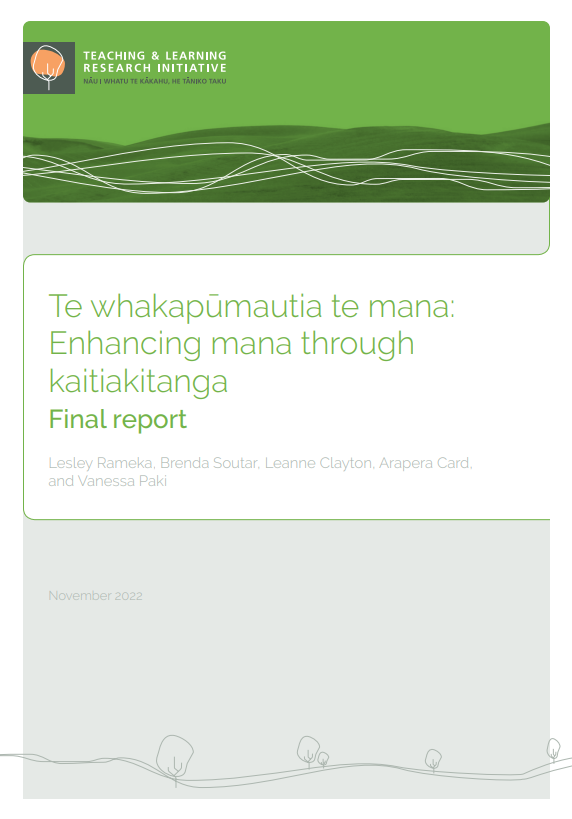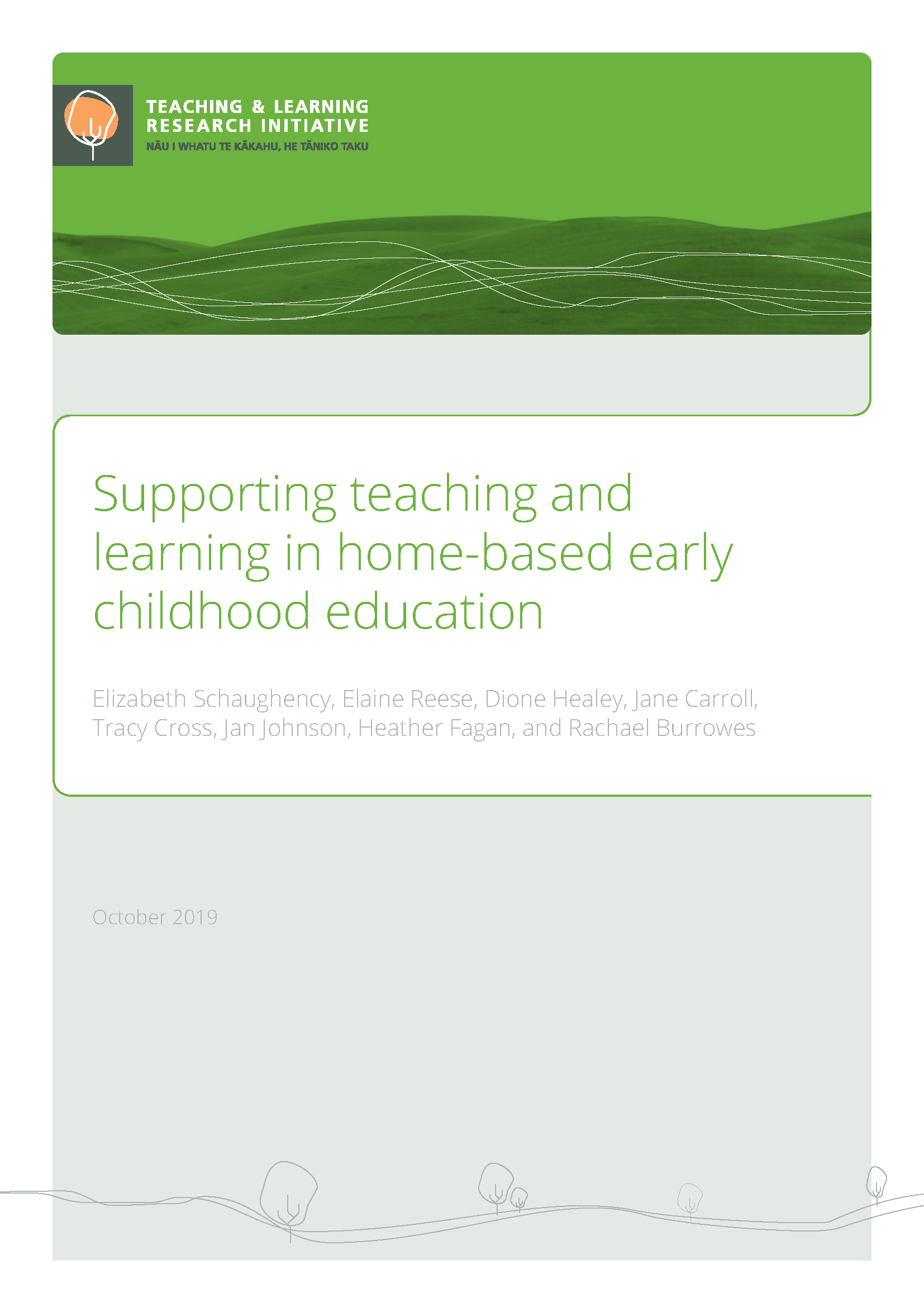
Te Whakapūmautia te mana: Enhancing Mana Through Kaitiakitanga
Introduction Wellbeing is fundamental to an individual’s ability to function and live well (Durie, 1998). Wellbeing statistics in New Zealand highlight that Māori have some of the worst levels of educational attainment, high levels of unemployment and incarceration, decreasing levels of home ownership, lower than average incomes, higher than average mortality rates, inequitable access to healthcare, and the highest levels of suicide since records began (Chalmers & Williams, 2018). From a Māori perspective, wellbeing, or hauora, involves spiritual, physical, mental, emotional, and social wellbeing (Durie, 1998). Mana and kaitiakitanga encapsulate the relationships central to Māori understandings of hauora (Dobbs & Eruera, 2014). Mana translates as “authority, control, influence, prestige, power” (Hemara,


